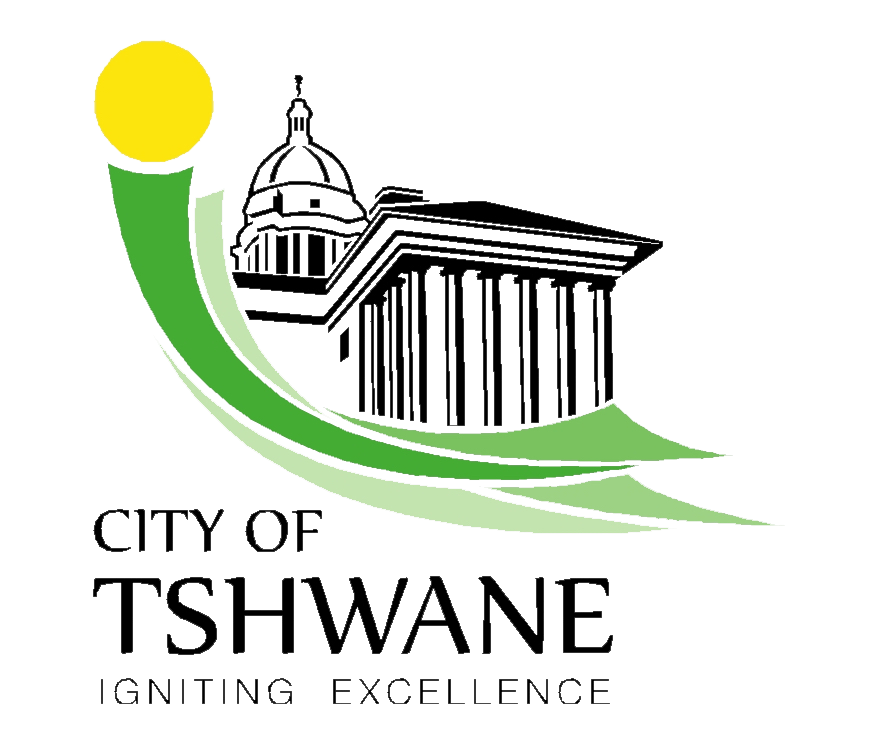The big story behind a leaked National Treasury letter to the City of Tshwane and other municipalities is not that local government is not spending grants and subsidies fast enough. The big story is that the national government has overspent on Eskom bailouts and salary increases. The result is an enormous budget deficit, which the national government plans to plug by defunding local government. Ahead of his budget speech this week, we ask the Finance Minister to think better of it.
Two weeks ago, the National Treasury warned the City of Tshwane that we were at risk of forfeiting about R630 million in unspent grants and subsidies. Before the City could respond, the letter was leaked to the media, providing several ANC politicians with ammunition against Gauteng’s only metro not being governed by an ANC coalition. Premier Panyaza Lesufi even threatened to intervene in the City of Tshwane on the strength of the letter.
Then we discovered that similar letters had been sent to municipalities across the country, including Gauteng’s other two metros. While allocations to municipalities have always been subject to annual reviews, the intended clawbacks have never been so big. Ekurhuleni stands to forfeit about R600 million, and Johannesburg a whopping R1 billion.
Of course, municipalities must improve their capital spending. The City is working hard to meet the Cape Town standard of spending or committing more than 90% of our grants and subsidies at midyear. This has to be done, like Cape Town, without incurring excessive irregular, fruitless and wasteful expenditure. It is no use paying invoices without installing a rigorous system of controls to ensure value for money.
But there is something else going on here: The Finance Minister’s budget speech and the enormous budget deficit he has to address this week. To plug the deficit, the national government looks to defund municipalities. The midyear budget already reduced local government’s funding by R3,6 billion, and the risk is that the Minister is coming for even more.
The two drivers of the deficit have little to do with municipalities:
- The dependency of Eskom and other unreformed state-owned enterprises (SOEs) on bailouts. In the five years leading to 2023, SOEs have received R233,6 billion in bailouts. Unlike SOEs, troubled municipalities do not receive bailouts.
- The 7,5% salary increases given to national and provincial government officials last year. The irony cuts deep in the City where we made the unpopular but necessary decision not to pay salary increases.
Defunding local government will not be limited to slashing grants and subsidies, including money to upgrade waste water treatment plants and electricity substations, and to fund social housing and bus rapid transit contracts. It might also take the form of a further reduction of our equitable share – money that is meant to fund free basic services to the poor. This will have devastating consequences.
Local government and municipal consumers already absorb the worst shocks of national policy and government failure. Load-shedding destroys municipal infrastructure and drives paying consumers off the grid. In the vacuum left by the South African Police Service, municipalities have to hire expensive private security companies to deal with cable theft and stave off highly sophisticated criminal attacks on service infrastructure.
National legislation makes land grabs and the hijacking of buildings easy and securing lawful eviction hard. The police cannot act quickly enough on trespassing complaints and alternative accommodation has to be provided to those who face eviction by court order, which municipalities are expected to pay for nowadays, even in some private evictions.
Land grabs drive informal settlements, often on floodplains and in other uninhabitable spaces. This, in turn, drives the demand for the provision of rudimentary services by municipalities. Because these services cannot be provided fast enough, illegal water and electricity connections proliferate.
Again, the South African Police Service lacks the capacity to deal with the extent of lawlessness, including gangs who profit by collecting rent for facilitating land grabs. The bill shows up on the bulk service accounts of municipalities who are then chided for failing to curb their distribution losses.
As much as mismanagement and poor planning in municipalities can be blamed for poor service delivery, municipalities are compelled to spend money according to the rules of so-called preferential procurement.
These rules, prescribed in great detail by Parliament, have the effect of narrowing the market of goods and services available to municipalities.
The “preference” in preferential procurement is for a small, politically connected elite whose only specialisation is winning government tenders.
At best, preferential procurement leads to price gauging, meaning that municipalities have to pay more to get less when compared to what is available in the private sector. At worst, preferential procurement leads to the appointment of service providers and contractors who cannot perform, leading to litigation and project stoppages.
In the meantime, people stream to Gauteng and our cities in hope of enjoying better services and life prospects. They often buck immigration laws to do so. Tshwane’s population now stands at 4 million people. Yet we have fewer than a million accounts registered with the municipality. And our “equitable” share, which is meant to make up for the gap, is calculated on old census and community survey figures.
We join the call by the City of Cape Town against the defunding of local government, including the reduction of the equitable share paid to municipalities. There are reforms to laws and policies that can achieve significant savings in local government, and the consequences of these decisions will even be easier to bear than stripping municipalities bare.
Cllr Cilliers Brink
Executive Mayor of Tshwane
